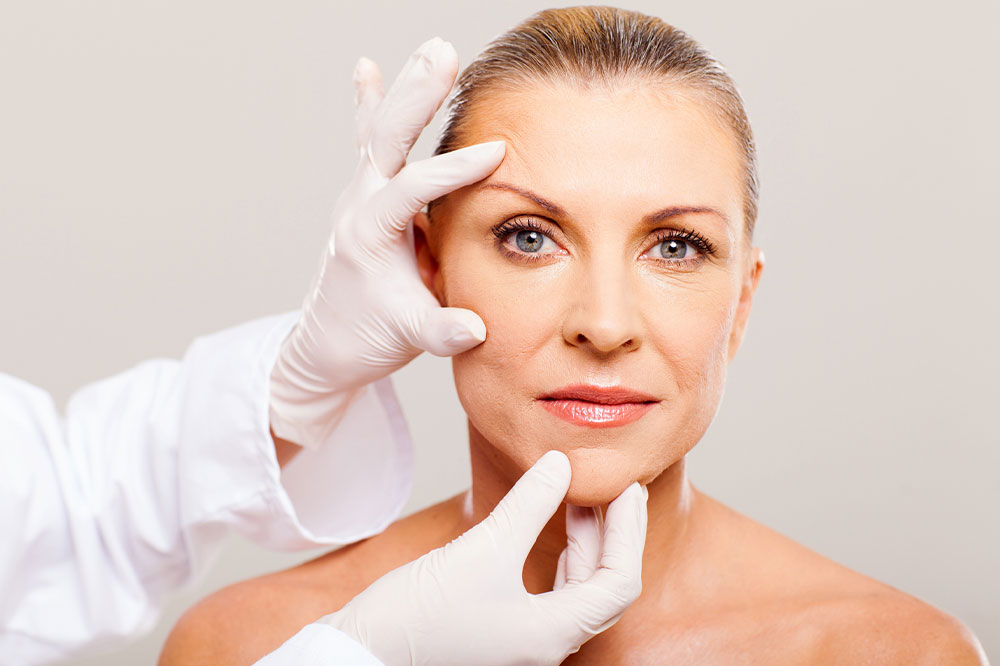Aging – Its types, warning signs, symptoms, and risk factors

health
Aging is a natural process. All of us grow older with time, which is why it is crucial to lead a healthy lifestyle. This way, old age does not bring too many problems along. From pain in the joints to suffering from forgetfulness, there are a bunch of things that are associated with aging.
Types of aging
- Cellular aging
The aging process of cells is dependent on the frequency with which they replicate. A cell can replicate itself around 50 times, and after that, the genetic material cannot be copied properly. This happens because of shortened telomeres. - Hormonal aging
Hormones play a huge part in the aging process, more so when a person is in their childhood or adolescence. The levels of hormones keep fluctuating as long as we live. Puberty results in the formation of large pores and acne. As we get older, the change in hormones contributes to the formation of dry skin. - Metabolic aging
Cells are responsible for transforming food into energy throughout the day. The byproducts produced during this process can be quite harmful. The metabolizing process causes damage to the body. Some are of the opinion that the slow-down of the metabolic process through methods like calorie restriction could result in slowing down the process of aging.
Early warning signs of aging
- Sunspots
Sunspots, also referred to as age spots, are spots found on the surface of the skin. These are caused when one is exposed to the sun for years. These are hyper-pigmented spots that form on the back of one’s hands, face, or forearms. Most people suffer from this condition after they turn 40. - Gaunt hands
With time, the uppermost layer of the skin becomes thin. When this happens, the protein content in the skin that gives it a structure starts withering away. The hands will appear to be abnormally thin and might form wrinkles. People who are in their late 30s or early 40s are more prone to this condition. - Inflammation in the chest
As people get older, they develop certain patches on their skin. Just like sunspots, this pigmentation happens due to the damage caused to the cells due to sun exposure.
Symptoms
- Being susceptible to infection
- Higher risk of suffering from hypothermia or heat stroke
- A marginal decrease in height when bones get slightly thin
- Crack in the bones
- Stiffness building up to arthritis
- Crooked posture
- Restricted movement
- Reduced energy level
- Suffering from constipation
- A reduction in visual acuity
- Weak peripheral vision
- Hearing loss
- Sagging skin
- Severe weight loss
- Involuntary urination
- Memory loss
Risk factors
- Smoking
The toxins found in cigarettes lead to oxidative stress on the skin. This results in wrinkles, dryness, and other symptoms of aging. - Genes
Certain genetic conditions lead to aging signs when a person is in their childhood or early puberty. These kinds of genetic conditions are referred to as progeria. Wrinkles, hair loss, and graying hair are some of its symptoms. - Sleeping habits
Sound sleep is essential for the body to regenerate or generate new cells. If you do not get enough sleep, you are at a higher risk of suffering from signs of aging.






